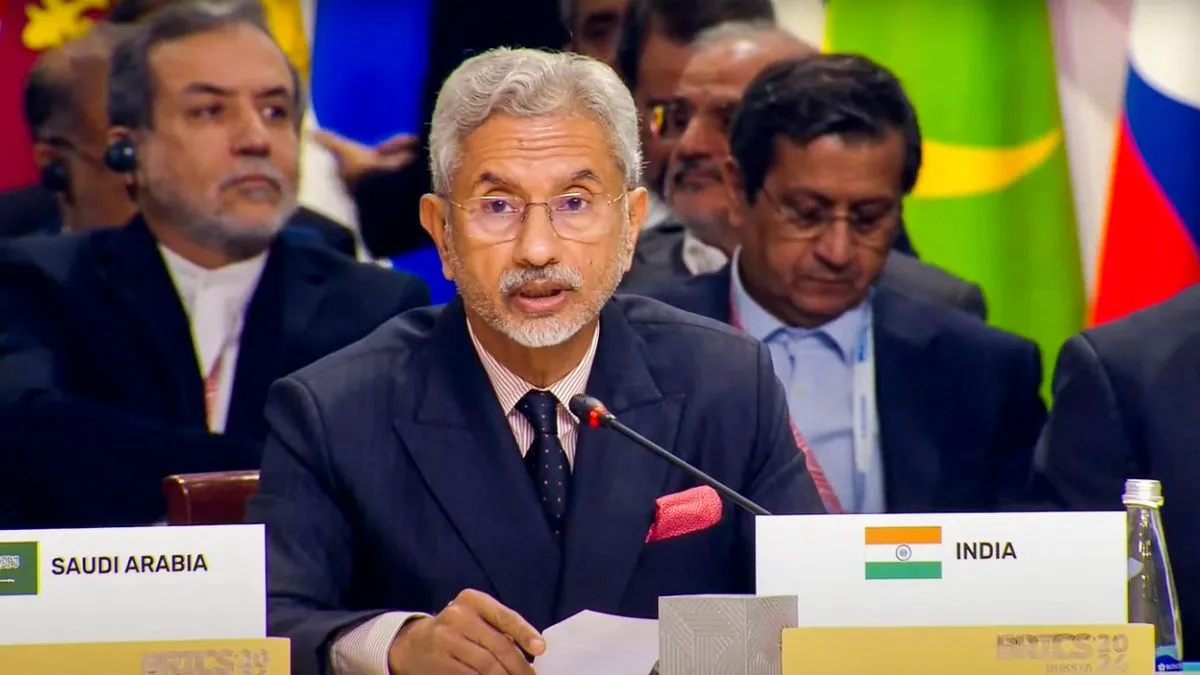- By Ajeet Kumar
- Fri, 05 Sep 2025 10:33 PM (IST)
- Source:JND
BRICS Summit: External Affairs Minister S Jaishankar will represent India at a virtual summit of the BRICS grouping that has been convened by Brazilian President Luiz Inacio Lula da Silva next week to discuss trade disruptions triggered by Washington's policies on trade and tariff. The aim of the summit is to create a common approach in dealing with the Trump administration's tariff tussle.
Brazil is the current chair of the BRICS. The 10-member grouping also includes India, China, Russia, South Africa, Indonesia, Iran, and the United Arab Emirates. "The Brazilian chair of BRICS has called for a virtual meeting on September 8," External Affairs Ministry spokesperson Randhir Jaiswal said on Friday.
"From our side, it will be the external affairs minister who will be participating in (the meeting). This BRICS Summit is at the leaders' level," he said at his weekly media briefing. Lula had dialled Prime Minister Narendra Modi on August 7, during which both the leaders pledged to strengthen bilateral trade and energy ties.
The US slapped 50 per cent tariffs on Brazilian exports like in the case of India. The Brazilian president is likely to discuss the tariff issue at the BRICS virtual summit, according to reports from Brazil.
Why India chooses to join BRICS Summit virtually
People familiar with the matter said New Delhi decided to nominate Jaishankar to attend the summit as part of a "balancing act" with Washington getting increasingly suspicious about the agenda of BRICS.
ALSO READ: BRICS, Russia, And Tariff: Why US Thinks Trade With India Is 'Too Complex To Be Resolved'
US President Donald Trump has made a series of comments cautioning BRICS against any "de-dollarisation" efforts. BRICS, originally comprising Brazil, Russia, India, China, and South Africa, expanded in 2024 to include Egypt, Ethiopia, Iran, and the United Arab Emirates, with Indonesia joining in 2025. It has emerged as an influential group representing around 49.5 per cent of the global population, around 40 per cent of the global GDP, and around 26 per cent of the global trade.
(Note: Except for the headline, this article has not been edited by The Daily Jagran and has been published through a syndicated feed. Source - PTI)

